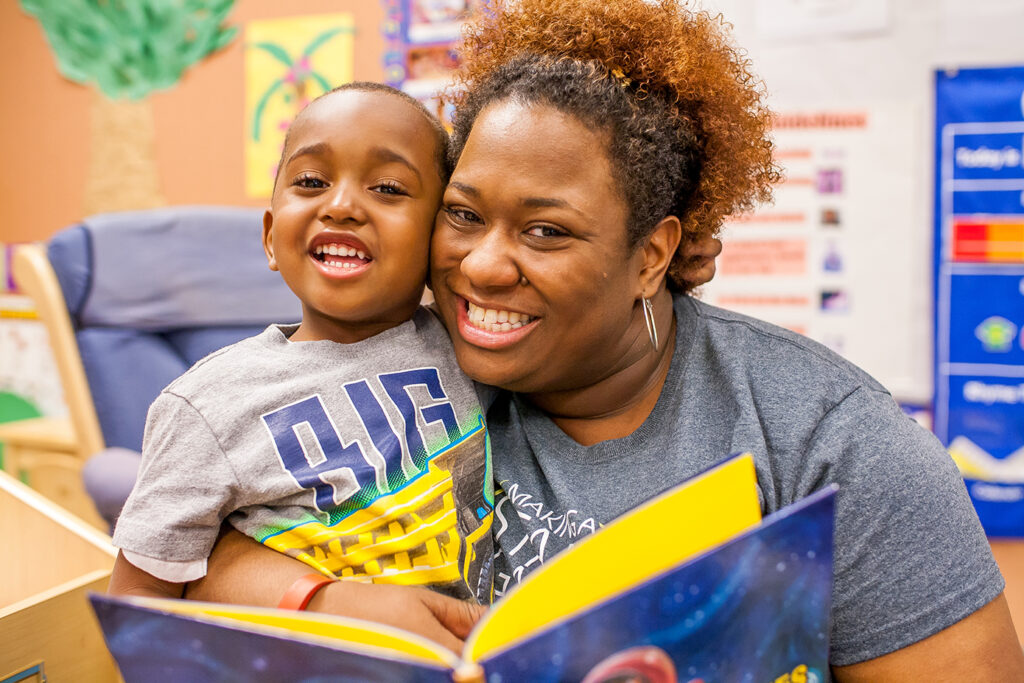Early Head Start-Child Care Partnerships

- Home
- What We Do
- Policy
- Early Head Start-Child Care Partnerships
A Path to High-Quality Child Care through Partnerships
The Early Head Start-Child Care Partnerships (Partnerships) initiative brings together the best of Early Head Start and child care through layering of funding to provide comprehensive and continuous early child development and family engagement services to infants, toddlers and their families, especially working families with earnings below the poverty level.
Through Early Head Start-Child Care Partnerships, child care centers and family child care providers meet the needs of working families by offering flexible, convenient, full-day, full-year services with access to a rich array of Early Head Start funding and resources, including:
- Educational curricula and materials
- Health
- Nutrition
- Family engagement
- Staff professional development
Together, these resources allow centers and providers to offer enhanced opportunities to support better outcomes for our nation’s youngest learners.
The Impact of Early Head Start-Child Care Partnerships
The COVID-19 crisis revealed both the fragility of the severely under-resourced child care industry and the strengths of the Partnerships model. The challenges faced by Early Head Start-Child Care Partnerships, and their response to the crisis, offer insights into both the immediate and long-term opportunities to sustain and improve high-quality early care and education programs.
Featuring stories from Educare organizations’ Early Head Start-Child Care Partnerships across the country, our work is informed by a network-wide community of practice on this topic. These efforts highlight the impact of COVID-19, local legislation, and other events on Partnerships grantees, their child care partners, and the families they serve. We invite you to read more on how we’re working to maintain, improve and grow our nation’s supply of quality infant toddler child care.